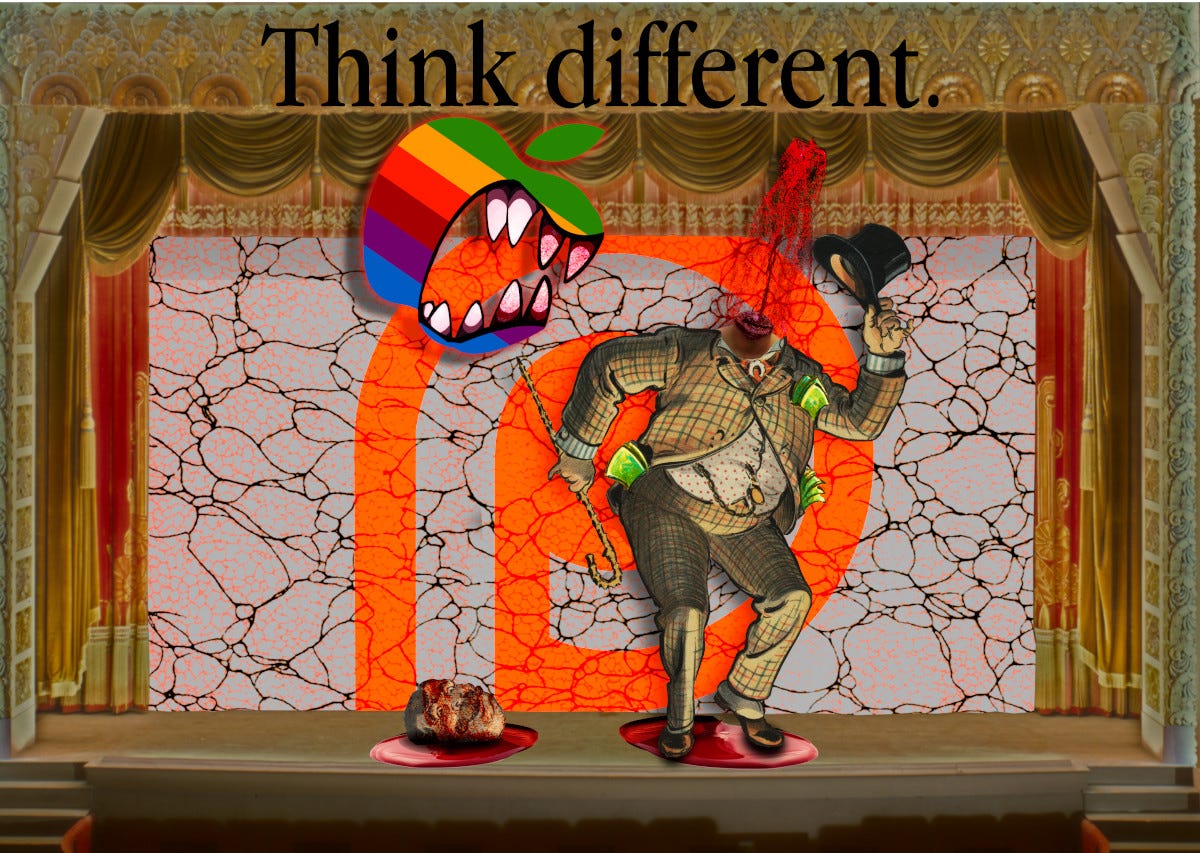Apple vs the “free market”

🌈 Abstract
The article discusses the concept of "enshittification" - how companies like Apple start off by providing a good product and service, but then gradually erode the value for their customers in order to extract more profit. It examines how Apple has used laws like the Digital Millennium Copyright Act (DMCA) to lock users into its ecosystem and control how they can use their devices. The article also discusses how Apple's 30% "App Store Tax" on in-app purchases is stifling competition and allowing Apple to pick winners and losers in the digital economy. Additionally, the article touches on how companies are using binding arbitration clauses to strip customers of their legal rights.
🙋 Q&A
[01] Enshittification
1. Questions related to the content of the section?
- What is the process of "enshittification" that the article describes?
- How has Apple used laws like the DMCA to lock users into its ecosystem and control how they use their devices?
- What is Apple's 30% "App Store Tax" and how is it impacting competition in the digital economy?
Answers:
- Enshittification is the process where companies start off by providing a good product and service, but then gradually erode the value for their customers in order to extract more profit.
- Apple has used laws like the DMCA to make it a felony to help someone jailbreak their device, even if this doesn't lead to copyright infringement. This allows Apple to control how users can use their devices.
- Apple charges a 30% "App Store Tax" on in-app purchases, which is a much higher payment processing fee than the 2-5% charged by credit card companies. This fee makes it difficult for smaller businesses to compete with larger ones that are exempted from the tax, allowing Apple to pick winners and losers in the digital economy.
[02] Binding Arbitration
1. Questions related to the content of the section?
- How are companies using binding arbitration clauses to strip customers of their legal rights?
- What is the example provided in the article of a lawsuit against Disney being dismissed due to a binding arbitration clause?
Answers:
- Companies are including binding arbitration clauses in the fine print of contracts, which force customers to give up their right to sue the company no matter what the company does to them. This allows companies to avoid the legal system and make unilateral decisions.
- The article provides the example of a lawsuit brought against Disney by the widower of a doctor who died at Walt Disney World after being fed a meal containing allergens. Disney is seeking to have the case dismissed because the widower signed up for a free trial of Disney+, which included a binding arbitration clause.